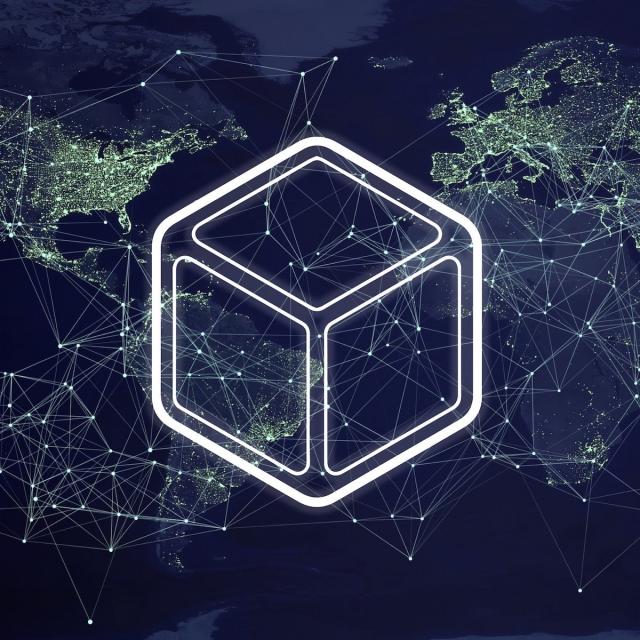MOOC List is learner-supported. When you buy through links on our site, we may earn an affiliate commission.

MOOC List is learner-supported. When you buy through links on our site, we may earn an affiliate commission.
You’ll learn how blockchain technology empowers individuals, entrepreneurs, and businesses with the tools they need to help level the playing field and to participate in the value they create. By the end of this course, you’ll learn how and why transacting on the blockchain can help us bring about a future that is faster, fairer, and more distributed than the world we inhabit today.
What You Will Learn
- Describe seven types of cryptoassets, and explain what it means to “tokenize” an asset
- Explain what a smart contract is, as well as various applications of smart contracts
- Explore the features of a distributed, self-sovereign identity system
- Describe eight core functions of the financial services industry and explain how blockchain will disrupt each of these functions
Course 2 of 4 in the Blockchain Revolution Specialization.
Syllabus
WEEK 1
Cryptoassets
Blockchain is the first native digital medium for value. Consequently, we are witnessing one of the largest transformations of wealth in human history—from paper-based analog assets to digital ones. In this module, students will learn about seven different kinds of cryptoassets, including cryptocurrencies, protocol tokens, utility tokens, securities tokens, natural asset tokens, crypto collectibles, crypto-fiat currencies, and stablecoins.
WEEK 2
Smart Contracts
In this module, you will learn what smart contracts are and how they work. We will discuss how blockchain-based smart contracts can enable individuals and organizations to reduce transaction costs, minimize the need for third-party intermediaries, and improve productivity, security, and privacy.
WEEK 3
Identity
Accessing large, centralized systems such as email, health insurance, or a bank account requires the provision of various identifiers—for example, government-issued ID cards, self-selected passwords, or biometric data. However, identifier-based systems are problematic—both administratively and philosophically. In this module you will learn about five problems with identifier-based systems and explain how a distributed self-sovereign identity system, deployed on the blockchain, can resolve many of these issues.
WEEK 4
Rethinking Finance
The current global financial system is riddled with inefficiencies, uneven developments and bizarre contradictions. Blockchain technology has the potential to bring about profound changes to financial services. In this module, you will learn how blockchain technology will disrupt the core functions of the financial services industry, offering individuals and organizations alike real choices in how they create and manage value.
MOOC List is learner-supported. When you buy through links on our site, we may earn an affiliate commission.
MOOC List is learner-supported. When you buy through links on our site, we may earn an affiliate commission.
